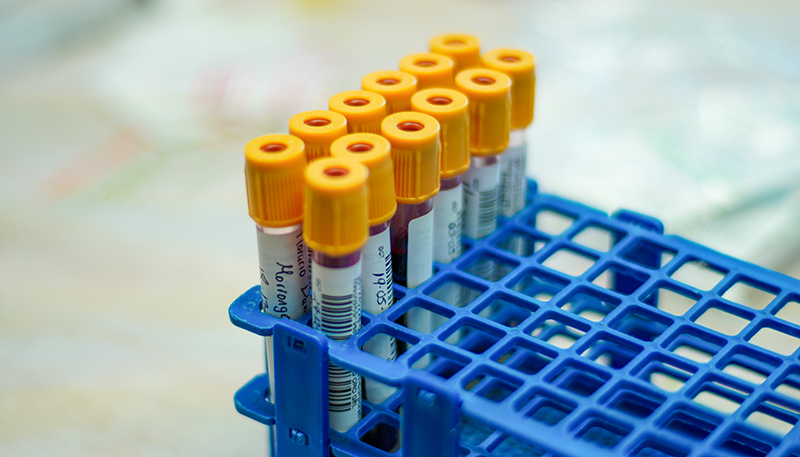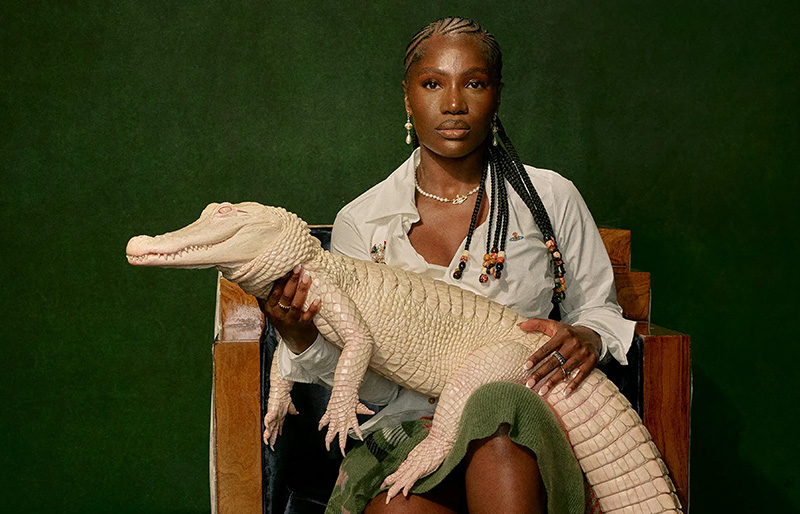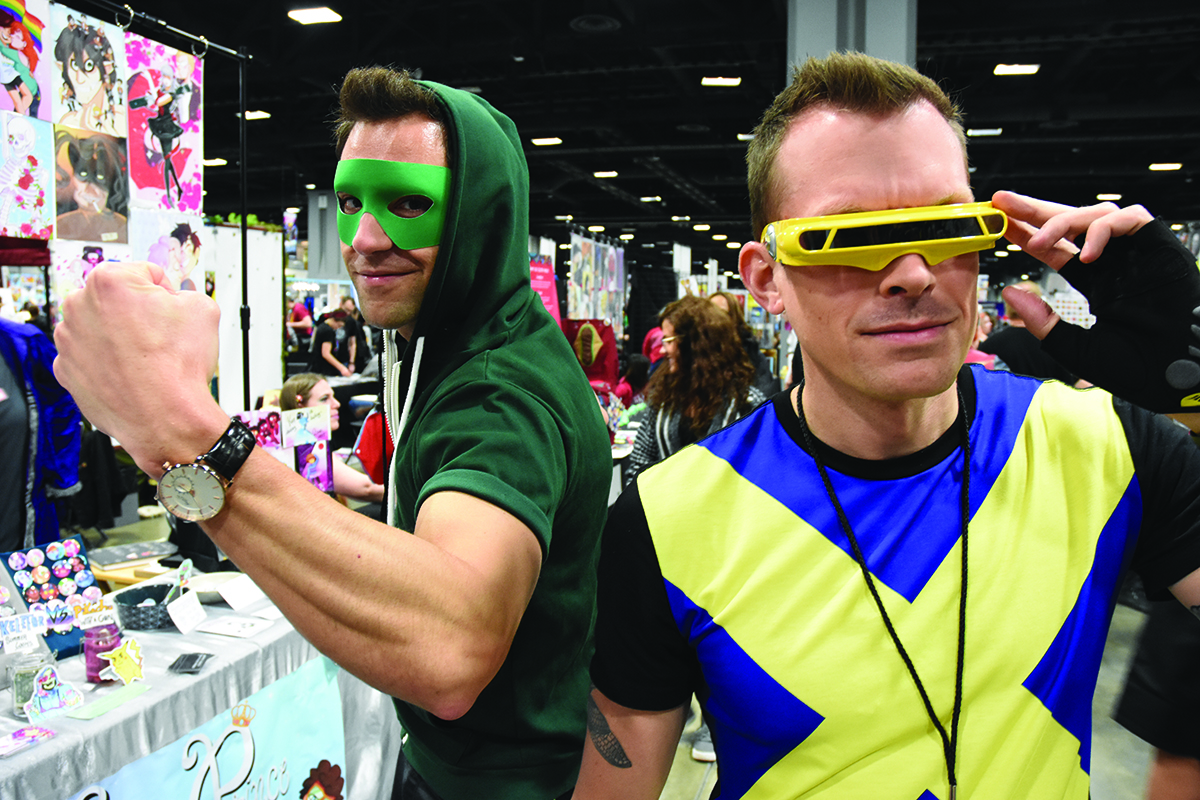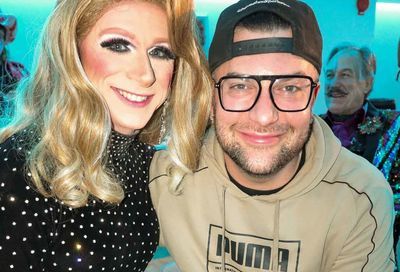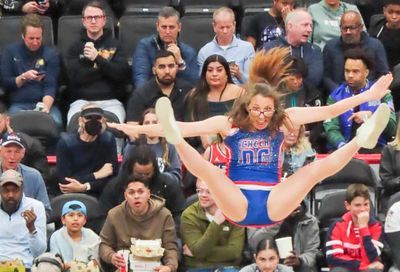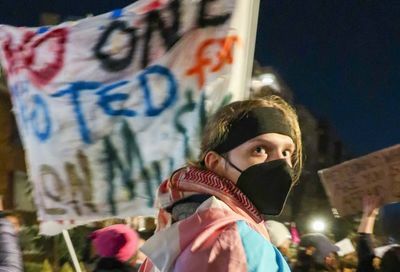Addressing an Epidemic
Pride meeting hits HIV/AIDS from multiple angles
Though the air-conditioning kept the sweltering D.C. evening at bay, participants at the Capital Pride Town Hall: D.C.’s HIV/AIDS Crisis could not avoid creating their own heat.
It came from moderator Michael Crawford asking panelists how to “light a fire under” Mayor Adrian Fenty’s administration. It came from moderator Toni Young saying that participants needed to somehow “instill a fire” into the GLBT community to re-focus on HIV/AIDS. The two hours of insight, friction and examination were characterized by Vincent Micone accordingly: “What you’re seeing on this panel is the spark we were hoping to see.”
About 60 people gathered in a meeting room of the Academy for Educational Development, off the intersection of Florida Avenue and T Street NW, Monday evening, June 8, for this discussion presented by DC Black Pride, Capital Pride, and the Washington Blade. Micone, as chair the Capital Pride Educational & Cultural Events Committee, kept everything moving as four panelists fielded questions from three moderators and the audience.
The panelists were Michael Kharfen, of the D.C. Department of Health’s HIV/AIDS Administration; Dr. Ray Martins, chief medical officer of Whitman-Walker Clinic; José Ramirez, La Clinica del Pueblo’s youth programs coordinator; and Ron Simmons, executive director of Us Helping Us, People Into Living. The moderators were Lou Chibbaro Jr., senior news reporter at the Washington Blade; Michael Crawford of DC for Marriage, a program of The DC Center, the area’s GLBT community center, on whose board he sits; and Toni Young, founder and director of the Community Education Group.
Addressing an epidemic that has hit D.C. harder than any other spot in the country, affecting every demographic, this town-hall meeting had its work cut out for it. Where to begin?
In opening statements, Kharfen touched on improvements in HIV testing in the District, with progress being made in early diagnoses. Martins said that treatment needed to being earlier than protocol has suggested, explaining the longer one waits before treatment — the longer one’s viral load is “detectable” — the longer one remains more contagious than need be. Simmons, while imploring all to stop comparing HIV in D.C. to the situation in Uganda — “That’s racist,” he said, explaining that there are few meaningful similarities — told the audience how the HIV/AIDS epidemic for black gay men is not the same epidemic faced by white or Latino gay men. Ramirez, the U.S.-born son of immigrants, bluntly observed that any conversation about HIV/AIDS in D.C. must take the immigrant community, with its various cultural values and immigration-status legalities, into consideration.
With the level of experience and interest present, the conversation begun Monday is one that likely could continue through the last hurrah of Capital Pride as the festival closes down June 14. But not even the sun had the stamina to blaze indefinitely Monday evening. Not long after it set, this community conversation similarly found itself coming to a close, sparking more questions than answers to fuel further discourse.
Kharfen was able to offer a hopeful observation toward the end, a nod perhaps to the notion that while the sun had set that Monday, the future would continue to unfold, and it might be a little bit brighter.
“There’s an ownership taking place again,” he said of what he’s seen lately in the community’s awareness and response to HIV/AIDS, particularly in work done by The DC Center. He continued by saying that the crowd that made the effort to attend a Monday-night meeting pleasantly exceeded his expectations. And he was going to take that as a good indicator of community commitment. “I’m going to be optimistic.”
Support Metro Weekly’s Journalism
These are challenging times for news organizations. And yet it’s crucial we stay active and provide vital resources and information to both our local readers and the world. So won’t you please take a moment and consider supporting Metro Weekly with a membership? For as little as $5 a month, you can help ensure Metro Weekly magazine and MetroWeekly.com remain free, viable resources as we provide the best, most diverse, culturally-resonant LGBTQ coverage in both the D.C. region and around the world. Memberships come with exclusive perks and discounts, your own personal digital delivery of each week’s magazine (and an archive), access to our Member's Lounge when it launches this fall, and exclusive members-only items like Metro Weekly Membership Mugs and Tote Bags! Check out all our membership levels here and please join us today!


